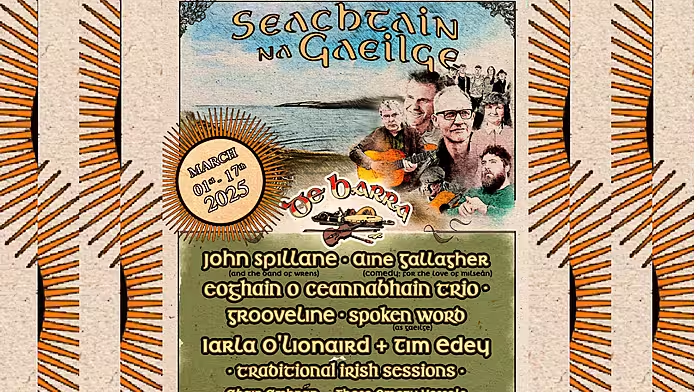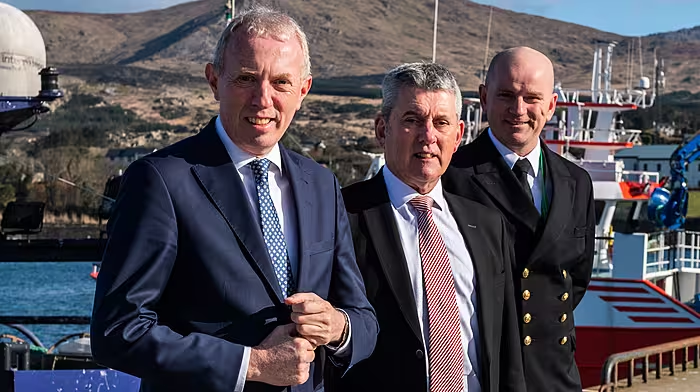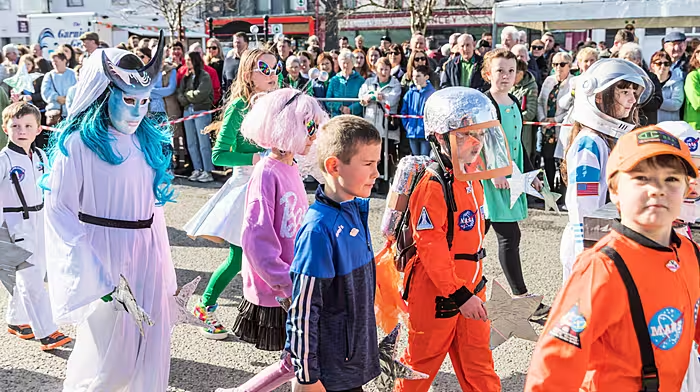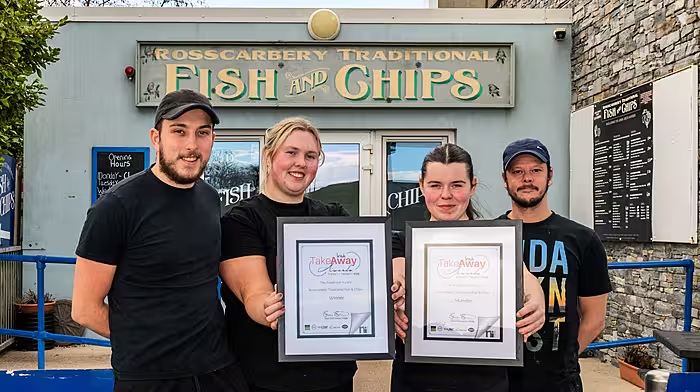THIS week has seen another series of gorse fires taking hold of our uplands and devastating one of our most beautiful national parks.
Extensive fires in Co Down, Co Kerry and now closer to home, in several parts of West Cork this weekend, destroyed thousands of hectares of forestry.
In Killarney alone, an estimated 5,000 acres of woodland were destroyed.
These are scenes reminiscent – albeit on a smaller scale – of the fires in both California and Australia in recent years.
And now they are becoming increasingly prevalent during dry spells in Ireland, too.
Just a few weeks ago we reported on large tracts of land in Bantry and Glengarriff which had fallen victim to these horrifying fires.
And although it is very difficult to verify the source of the blazes, there is much acceptance that in many instances they are started by landowners ‘clearing’ gorse.
While that may have been a common practice in the past, with our ever-warming climate in Ireland, we can no longer justify such risk-taking.
A wonderful local business came very close to destruction in Glengarriff recently, as reported in this paper, and in other fires in West Cork in recent years, homes have been lucky to escape the outcomes we have witnessed in other countries, which left many people homeless.
And while no homes were threatened in the most recent fires in Killarney and around West Cork, the homes of many members of our wildlife community were obliterated, along with many birds, creatures and insects – and we many never know the true extent of the destruction.
One photograph, posted online by the Bantry Fire Brigade, told the real story of this devastation – a badly burnt and still smouldering birds’ nest, complete with little eggs, sitting on the blackened earth at one of the Dunmanway fires.
Almost every spring and summer now, fire crews are called out to battle ‘out of control’ gorse fires in our hills and extending into our forests, sometimes for tens of hours at a time.
Senior firefighters have said this week that the prevalence of such fires must be tackled at source, before a human life is lost.
We must educate all our citizens to act more responsibly and realise how a seemingly innocent and ‘contained’ fire can quickly get out of hand, especially at times when sun and high winds combine – as witnessed in the past week.
But we must also place a high value on those animals and birds which make our woodlands their home, and bring home the message to all – landowners, holiday makers and anyone using nature for either their livelihoods or recreation – we must be more careful, and more responsible, for not just our land, but those creatures we are lucky enough to share it with.
Learning to treat the sea with respect
THE first sunny weekend after the lifting of 5km travel restrictions was bound to result in a rush to the coast. Last Saturday and Sunday saw long queues in and out of West Cork, as thousands flocked to beaches, lakes and pretty coves. The lure of the sea is difficult at the best of times, but for a very social nation, the post-lockdown combination of sun and sand was too much to resist.
But, unfortunately, the inevitable happened – and several people got into difficulty along our coasts.
One young man lost his life after an accident in Garrettstown.
Several more were very lucky to have been rescued, from strong currents and incoming tides.
Our Coast Guard and volunteer lifeboat crews were, once more, put to the test, putting their own lives at risk in the process.
With another sunny weekend beckoning, and this one combined with a bank holiday Monday, the emergency services are appealing to the public to be extra careful and extra vigilant. Even a relatively calm looking sea surface can mask a deadly undercurrent, or an innocent hill can hide a dangerous cliff-face or crevice. If you are out walking, watch your step carefully, never go to a new location alone and, if taking to the sea, make sure you respect the ocean.










